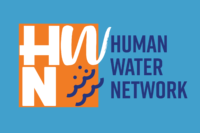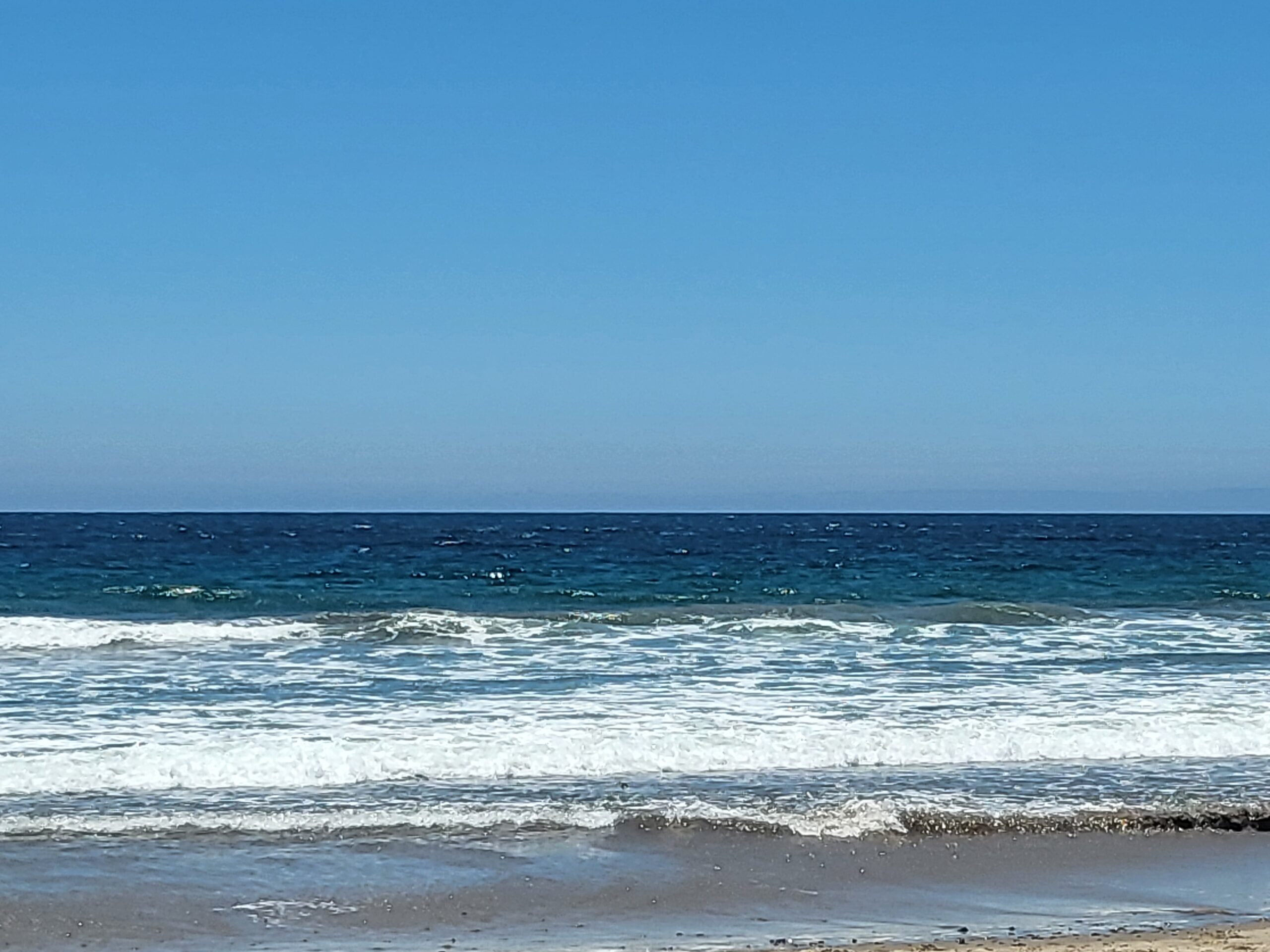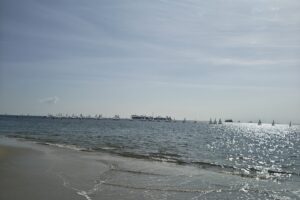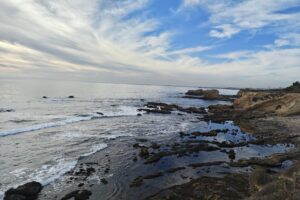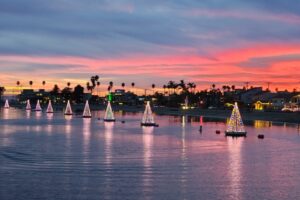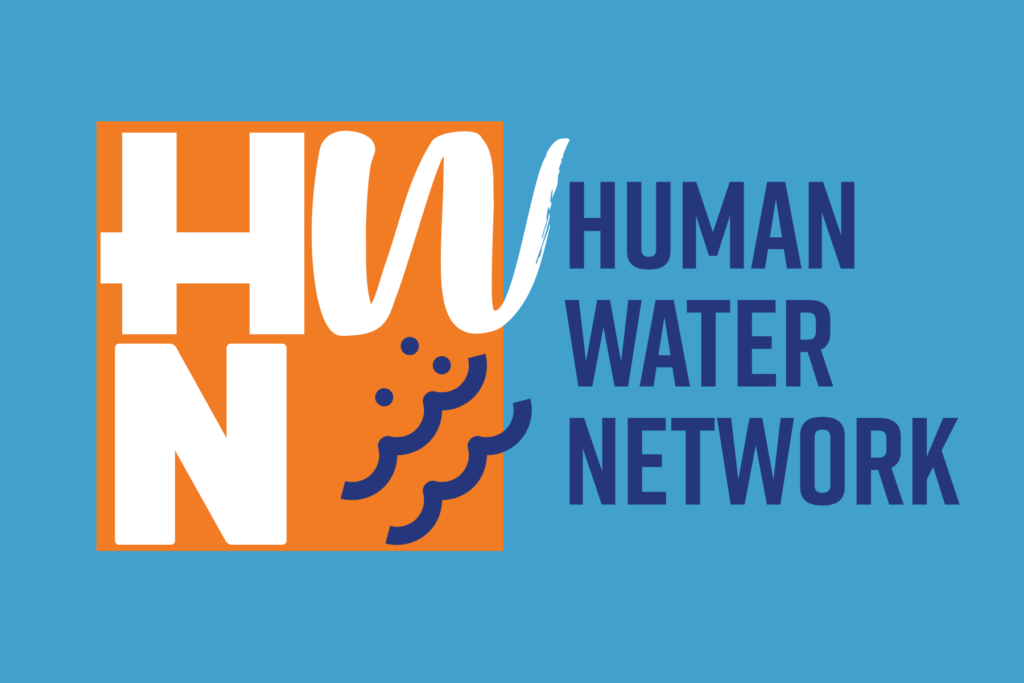Honoring Indigenous Wisdom: Lessons in Ocean and Watershed Conservation
Indigenous Peoples’ Influence on Ocean and Watershed Conservation
Indigenous peoples worldwide have long held a deep and intimate connection to the land and water. Their knowledge, rooted in centuries of interaction with nature, is not just crucial but urgent in modern conservation efforts, especially in preserving the health of oceans and watersheds. These communities have developed sustainable practices that align with natural ecosystems, recognizing the intricate relationships between land, water, and all living organisms. As the world grapples with the escalating environmental crises of climate change, pollution, and habitat destruction, acknowledging and learning from Indigenous perspectives on ocean and watershed conservation is more important than ever.
Traditional Ecological Knowledge (TEK)
At the heart of Indigenous conservation efforts is Traditional Ecological Knowledge (TEK). TEK encompasses the wisdom, practices, and beliefs Indigenous peoples have developed over generations of close interaction with their natural environment. It’s a holistic understanding that includes the health of rivers, lakes, oceans, and ecosystems as vital to maintaining community well-being.
For example, many Indigenous peoples understand watersheds as physical landforms and spiritual and life-sustaining networks that connect communities with the environment. This is evident in the practices of Pacific Northwest Indigenous nations, where salmon are considered central to both the culture and ecosystem. These communities have carefully managed salmon populations for centuries, using methods like fish weirs (barriers that direct fish movements) to ensure sustainable harvesting without depleting the population.
Likewise, in tropical regions, Indigenous coastal communities employ rotational fishing practices, coral reef management, and seasonal no-fishing zones to ensure the survival of fish stocks. Such knowledge passed down through oral traditions and community teaching, remains highly relevant in today’s discussions about overfishing and ocean health.
Stewardship and Sacred Waters
For many Indigenous peoples, water holds a sacred significance. It is viewed as a living entity with its rights rather than merely a resource to exploit. This view promotes respect and careful management of marine environments and freshwater systems. In New Zealand, for example, the Maori consider water a taonga, or treasure, that must be protected. This spiritual approach to water conservation has led to significant political and legal victories. In 2017, New Zealand became the first country to grant legal personhood to a river, the Whanganui, recognizing the river as an entity with rights. This recognition allows for better waterway protection by ensuring that it is treated as a living, breathing system rather than a commodity to be exploited.
Similarly, the Native American tribes in North America, like the Ojibwe and Anishinaabe peoples, have long considered water protectors to be guardians of water sources. Their ceremonies and treaties are focused on preserving clean water for the next seven generations. The Standing Rock Sioux Tribe’s protests against the Dakota Access Pipeline were a recent and highly publicized example of Indigenous peoples taking a stand to protect water sources from corporate interests, and their fight resonated with environmental movements globally.
Indigenous Leadership in Modern Conservation
Indigenous leaders are not just increasingly at the forefront of ocean and watershed conservation efforts today, but they are also indispensable. Partnerships between Indigenous groups and environmental organizations have proven effective in creating innovative solutions to protect marine and freshwater ecosystems. For example, in Canada, Indigenous peoples have been critical partners in creating Marine Protected Areas (MPAs). These MPAs help preserve biodiversity by limiting industrial activities such as oil drilling, fishing, and shipping in critical areas.
One such initiative is the Great Bear Sea Marine Plan, which spans the Pacific coast of British Columbia. This collaboration between Indigenous nations and the Canadian government seeks to manage ocean resources to balance the needs of the environment, local communities, and the economy. Indigenous-led conservation efforts in this region are helping protect marine ecosystems that support orca populations, salmon, and other vital species while providing long-term sustainability for Indigenous communities who depend on these waters for their livelihoods.
Learning from Indigenous Wisdom
As modern conservation practices evolve, incorporating Indigenous perspectives can offer essential lessons in sustainability. Western conservation often focuses on short-term solutions and large-scale interventions. However, Indigenous approaches tend to emphasize the long-term health of ecosystems and view humans as integral parts of the natural world rather than separate from it. This ethos of reciprocity—where humans give back as much as they take—contrasts with the exploitative models that have dominated industrial development and resource extraction.
As we face a future threatened by climate change and environmental degradation, the wisdom of Indigenous peoples is more relevant than ever. By blending traditional knowledge with modern scientific understanding, we can work toward a more sustainable relationship with the oceans and watersheds that sustain us. This approach offers a practical and hopeful way forward, where Indigenous voices are not just included but are central when developing policies to protect our planet’s most vital ecosystems.
Conclusion
Indigenous peoples’ profound connection to the natural world, especially to water and marine ecosystems, offers valuable insights for ocean and watershed conservation today. Their sustainable practices and deep-rooted respect for water can guide modern efforts to address climate change, pollution, and overexploitation. Including Indigenous knowledge in global conservation strategies is a matter of justice and a practical step toward ensuring the health and vitality of our oceans and freshwater systems for generations to come.
